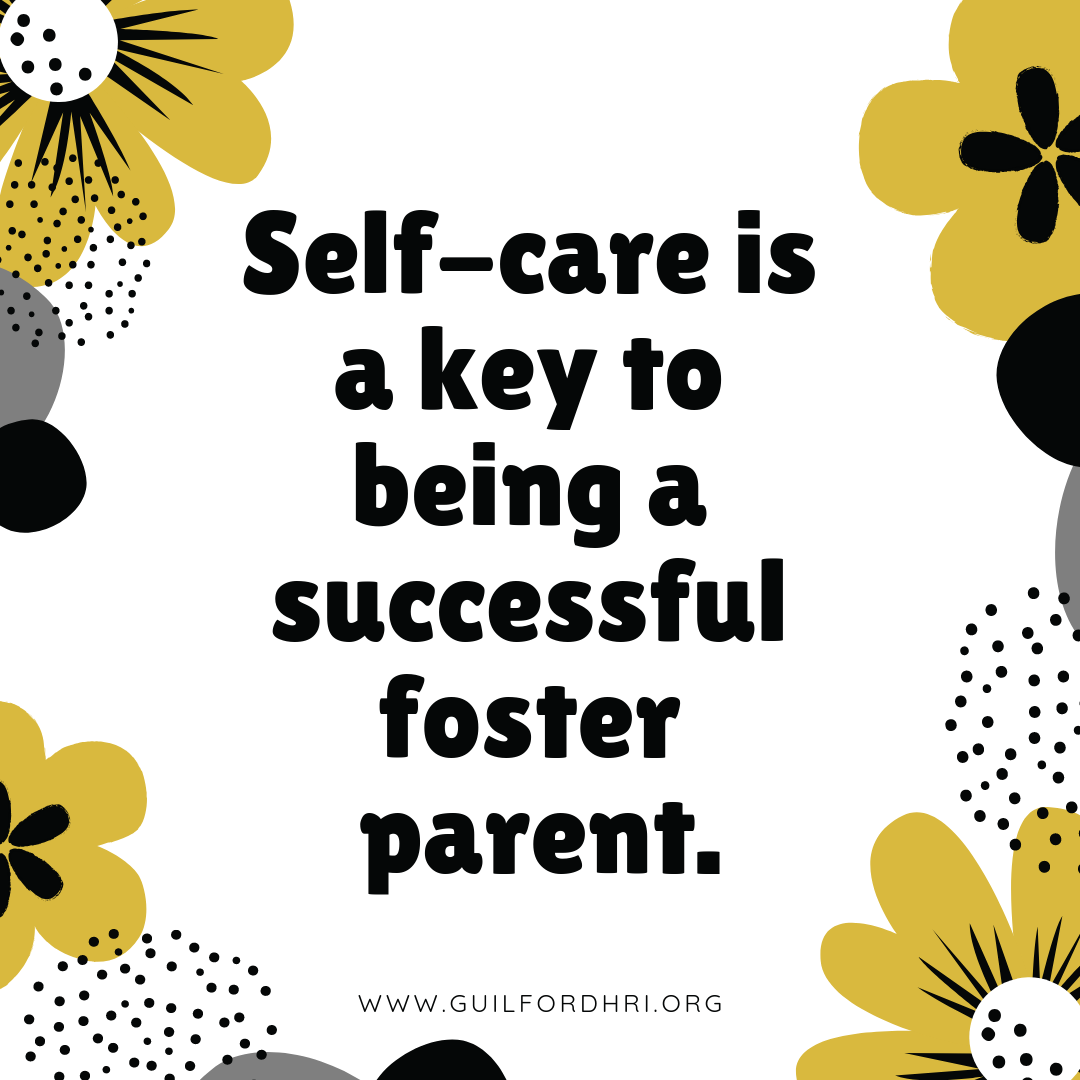
By: MaryLou Dovan
MaryLou Dovan and her husband Andy are finishing their first year of foster care. She teaches at Bradford Academy in Mebane, and they are members of Hope Chapel in Greensboro.
Have you heard the quote by Mother Theresa: “If you want to change the world, go home and love your family”?
I came across this phrase in a book years ago. Recently it’s been popping up all over the place, like Instagram captions and Hobby Lobby. Her words apparently resonate with us.
In this quote, Mother Theresa praises the ordinary, calling us to recognize that family and home – though quotidian realities – are the incubators for world change. Do you want to leave the world a better place? Do you want to have an impact beyond your lifetime? Invest in the next generation. Use your home as a place of change.
The home holds our most mundane tasks. We repeat small routines like tooth-brushing, dish-washing, and bed-making.
To me, home has been a place where the kitchen timer dings, birds sing through window screens, and individual thoughts become shared conversations around the dinner table. I take comfort in recognizing the cadence of my family members’ footsteps. I love when someone sits down to play the piano.
I’ve realized over time that my rich experience of family and home are not ubiquitous. Many children in our communities live in homes where the kitchen timer doesn’t ding and where the sound of footsteps is foreboding.
I treasure my upbringing and remember it fondly, but it is not possible to move backward and relive my childhood experiences. Time compels me to move forward. If I want to access those familiar joys of home and family, I must recreate them and give them away.
Foster care invites us to open our homes and expand our definition of family. Through fostering, we welcome a child into our ordinary-doings and offer thousands of small things they may otherwise never receive. In the context of a loving family and a safe home, I believe these daily rhythms compound to break generational patterns of abuse and addiction. In this way, foster care not only protects children, but it also empowers them to grow into leaders.
Around the time my husband and I began fostering, I began making my own sourdough bread. The two have more in common than you might think. A principle of sourdough is regular use of the starter. If it is not used, it turns rancid. But if it is used consistently and properly, the same batch of starter can provide bread for generations.
Likewise, I am confident that the purpose of receiving the assurances of love from my own parents was not to hoard them for myself. Now I have the opportunity to invest and multiply the blessings I received to make a profit of well-being in the next generation.
If you ever find yourself asking questions like: Didn’t I just do laundry two days ago? Didn’t I just feed this family two hours ago? Didn’t I just sweep up these crumbs? — you may be a great candidate for foster care.
These regular things require us to embody the love we say we have, and they teach us lessons like patience, stewardship, and excellence, too. More than that, they create an environment of safety and predictability for others in our home. And in the absence of the mundane tasks and all the usual things we are prone to tire of, the home-life disintegrates and children are left vulnerable.
Foster care sounds big. It is a big decision for any family or individual to make. And it is hugely important. But the act of fostering is really a myriad of small things. If I remember correctly, it was Mother Theresa who also said “Not all of us can do great things, but we can do small things with great love.” Foster care invites us to do both.









